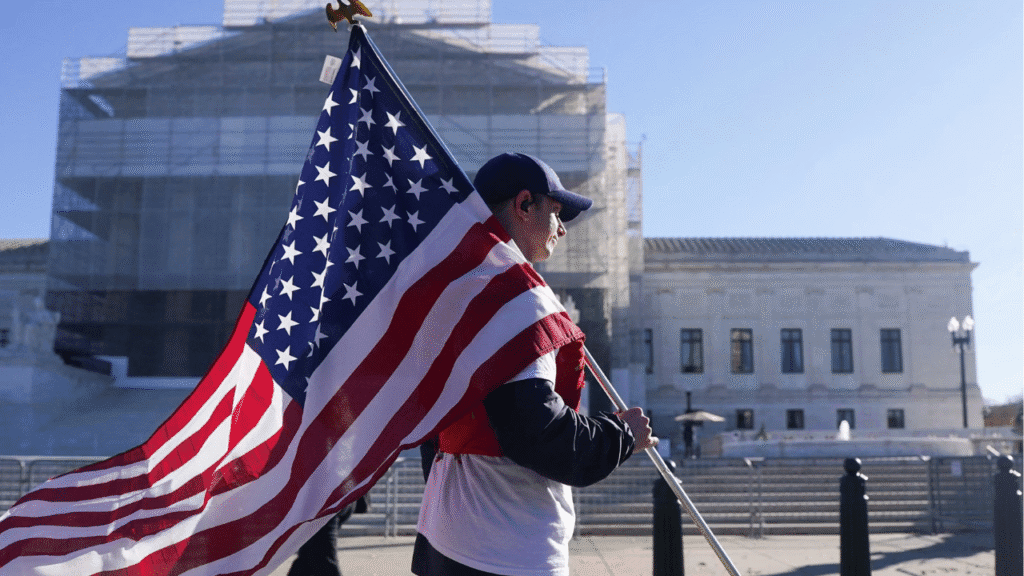High Court Questions White House on Tariffs
The Supreme Court heard oral arguments Wednesday about former President Trump’s sweeping tariff powers, with even traditionally conservative justices challenging the extent of executive authority at stake. While an outcome is not yet certain, analysts noted the questions heavily tilted against the White House’s justification for acting without congressional input.

Spotlight on $195 Billion and Foreign Commitments
Much discussion after the hearing has centered on the potential return of $195 billion collected by the government in tariffs—funds with no current procedure in place for reimbursement if required by a court order. Less visibly, experts are considering what a ruling against Trump’s unilateral powers could mean for massive foreign investment pledges that were often negotiated in direct exchange for lower tariffs.
Congressional Power May Shift Global Deals
Should the Supreme Court weaken or remove the president’s authority to impose tariffs unilaterally, the ability to secure tough new investment agreements from countries like China—or to enforce them—could also collapse. Supporters argue that countries likely won’t renege to avoid antagonizing Washington and may still face tariffs under other trade sections. Detractors warn sovereign governments could quickly halt or slow promised U.S.-bound investments if Trump’s leverage is lost.
Stakes for States and U.S. Companies
For U.S. states and companies relying on the flow of foreign direct investment (FDI) for infrastructure and business expansion, a significant ruling could force them back to the drawing board. Some deals were arguably fragile from the start, and any uncertainty about the federal government’s ability to enforce incentives could prompt countries and corporations to revise or pause their promises.
Economic Policy at a Critical Juncture
Trump has repeatedly called the case “literally LIFE OR DEATH for our country.” While that’s likely overstated, experts agree that the Supreme Court’s decision could prove existential for Trump’s approach to economic policy—and pivotal for future handling of trade, tariffs, and foreign investment agreements.
